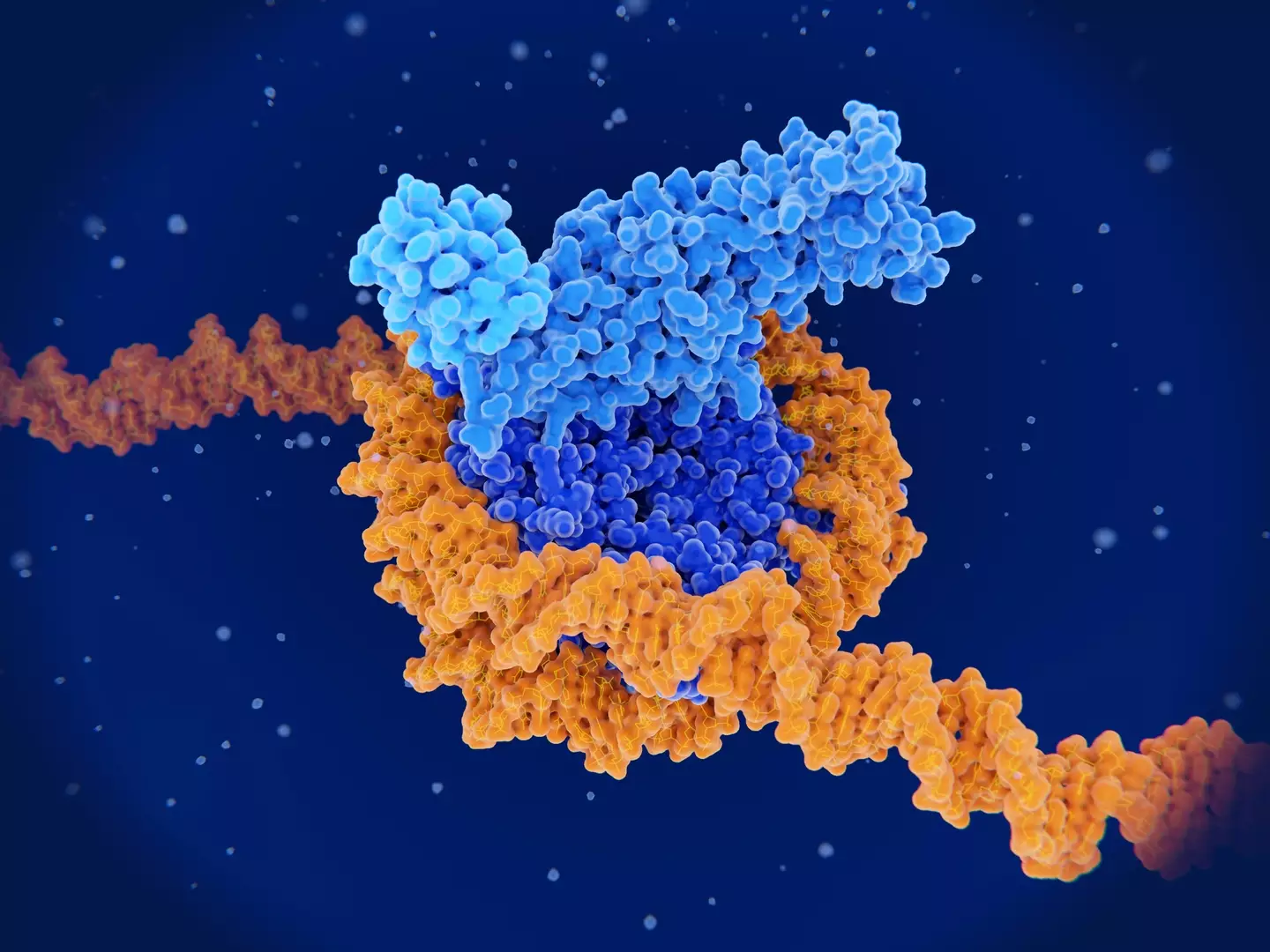
There's a new swab test that might be able to tell you how long you have left to live.
It's pretty well known that a whole range of lifestyle factors play a significant role in determining how quickly you age throughout your life, but there may be a revolutionary new way to check these things.
Factors such as stress, smoking, alcohol consumption, poor sleep and an unhealthy diet can all contribute to speeding up the aging process. These can become 'imprinted' in our genes as epigenetic marks, meaning that environmental factors can chemically alter our DNA.

Advert
Scientists have made a breakthrough in how to quantify molecular aging following the past decade of research, as they have developed 'epigenetic clocks' that have been measured against chronological age and lifestyle factors across several participants.
Previous methods focused on DNA methylation in blood cells, so collections of samples were more difficult to obtain, while being painful for the patient.
But now, some researchers over in the US have developed a 'second-generation' clock that is based on methylation data that can be found in easy-to-collect cells.
It's called CheekAge and believe it or not, it's based on cells that are taken from the inside of people's cheeks. It aims to predict people's risk of mortality based on what they find in your epigenetic data.
But how does this work?

Dr Maxim Shokhirev is the first author of a study on CheekAge, published in journal Frontiers in Aging, and he stated: “We also demonstrate that specific methylation sites are especially important for this correlation, revealing potential links between specific genes and processes and human mortality captured by our clock."
The health professional also developed the 'fraction of methylation' by using 200,000 sites, resulting in overall scores in health and lifestyle, which would also presume differences in physiological aging.
With the help of statistical programming, his team could see how will it predicted death from any cause among 1,513 men and women, born in 1921 and 1936, that were followed through life by the Lothian Birth Cohorts (LBC).
LBS aimed to link differences in cognitive aging to lifestyle and other factors such as genetic, epigenetic and biomedical.
Volunteers were measured through blood samples every three years, and its last available methylation time point was used to calculate CheekAge and how it links to the risk of mortality.
Dr Shokhirev, who is also the head of computational biology and data science at the company Tally Health in New York, said: "CheekAge is significantly associated with mortality in a longitudinal dataset and outcompetes first-generation clocks trained in datasets containing blood data."

“The fact that our epigenetic clock trained on cheek cells predicts mortality when measuring the methylome in blood cells suggests there are common mortality signals across tissues," he explained.
The expert added: “This implies that a simple, non-invasive cheek swab can be a valuable alternative for studying and tracking the biology of aging.”
Researchers then looked in more depth at these methylation sites, looking for genes which were most strongly linked to mortality, in detail.
Gene PDZRN4 is a possible tumour suppressor, while ALPK2 is a gene in cancer and heart health, particularly in animal models.
Other genes linked to other diseases were also found, as Dr Adiv Johnson, the head of scientific affairs and Education at Tally Health, explained: “It would be intriguing to determine if genes like ALPK2 impact lifespan or health in animal models."
He went on: “Future studies are also needed to identify what other associations besides all-cause mortality can be captured with CheekAge. For example, other possible associations might include the incidence of various age-related diseases or the duration of ‘healthspan’ - the period of healthy life free of age-related chronic disease and disability.”